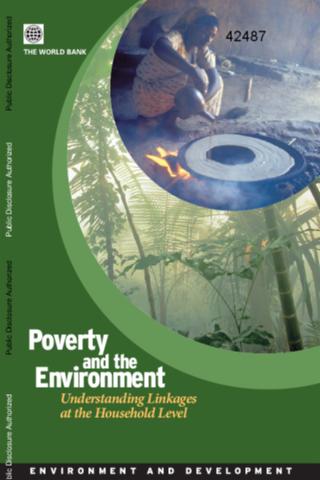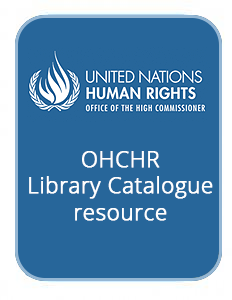Study on communal land registration in Lao PDR
Field visits to over twenty villages in five different provinces of the Lao PDR have shown that across all ethnic groups, communities use and manage communal lands. Types of lands often found to be under communal management include upland areas, grazing lands and village use and sacred forests. Communities and use groups have devised local rules for provision, management and appropriation of communal resources. Valuable lessons for the process of recognizing communal land rights can also be drawn from two neighbouring countries.
Pastoralists' perceptions and realities of vegetation change and browse consumption in the northern Kalahari, Namibia
Ecohealth and Aboriginal Testimony of the Nexus Between Human Health and Place
The spread of industrial civilizations has been particularly traumatic for the last remaining hunter-gatherer societies. Manifestations of this include expatriation from ancestral lands, sickness, poverty, and environmental degradation. Northern Australia has been no exception despite remaining a stronghold of Aboriginal cultures and still containing vast areas of relatively intact landscapes. Most Aboriginal people reside in remote settlements where they remain on the negative extreme of basic indicators such as life expectancy and educational attainment.
Cultural heritage, sustainable forest management and property in inland Spain
Forest planning and traditional knowledge in collective woodlands of Spain: The dehesa system
historical analysis of traditional common forest planning and management in Seneghe, Sardinia--Lessons for sustainable development
satellite analysis of contrasting fire patterns in Aboriginal- and Euro-Australian lands in tropical North Australia
We use satellite imagery to compare and contrast fire patterns across a repeating mosaic of vegetation types occurring within the tropical savanna of the Northern Territory, Australia. Our study area included different land management settings that encapsulate three contrasting styles of management that have developed following European settlement in northern Australia: Decentralized fire management carried out by small Aboriginal communities widely dispersed across a large landscape.
Poverty and Environment : Understanding Linkages at the Household Level
This report seeks to present micro evidence on how environmental changes affect poor households. It focuses primarily on environmental resources that are outside the private sphere, particularly commonly held and managed resources such as forests, fisheries, and wildlife. The objectives for this volume are three-fold. It is first interested in using an empirical data-driven approach to examine the dependence of the poor on natural resources. The second objective is to examine the role of the environment in determining health outcomes.
Agricultural change in Lao PDR: Pragmatism in the face of adversity January, 2007
Rural development in the uplands of Lao Peoples’ Democratic Republic (Lao PDR) has presented many challenges for farmers and their communities. Lao government policy is directed at reducing the production of upland rice and providing sustainable alternative livelihoods for upland farmers.
Beyond the second generation: towards adaptiveness in participatory forest management.CAB Reviews
The concepts of adaptive management and participatory forest management (PFM) reflect an increasingly holistic relationship between society and its forests. Adaptiveness depends on learning processes. This review considers the ways in which PFM has been assessed in recent literature and focuses on the role of learning, through cross-cutting quantitative analyses, project monitoring and evaluation, and participatory research and experimentation.





